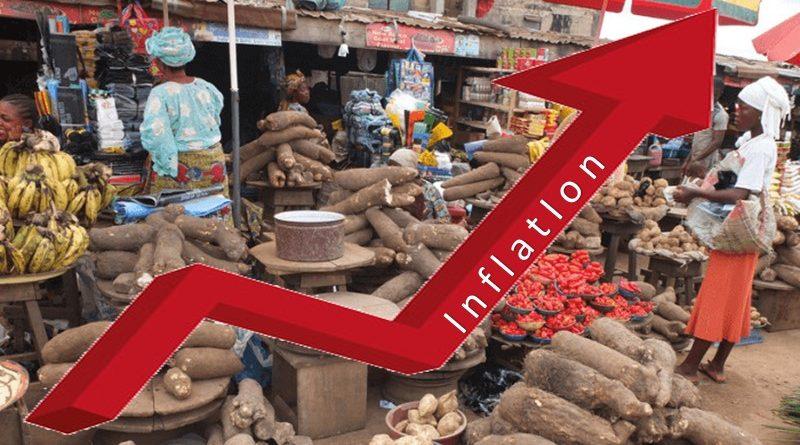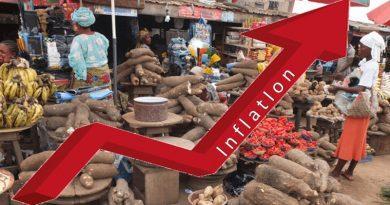Nigeria’s headline inflation now 34.2% in the month of June
June’s headline inflation in Nigeria rose by +24bps to 34.2% y/y, surpassing May’s 34%. Our internal forecast for June’s headline inflation was 34.4% y/y. On a month-on-month basis, headline inflation increased slightly by +17bps to 2.3% from the previous month’s 2.1%, halting the downward trend observed since February ’24.
Food inflation (40.9% y/y) saw a +21bps increase compared to the previous month, with the highest price hikes seen in bread, cereals, oil and fat, fish, potatoes, yam, and other tubers. Imported food price inflation rose by +160bps to 36.4% y/y from the previous month’s 34.8% y/y.
In the foreign exchange market, the NGN/USD experienced a modest m/m depreciation of -1.3% in the NAFEM window, closing the month at N1,505.3 per USD. The impact of NGN/USD depreciation on inflationary pressures remains evident.
Core inflation climbed by +36bps to 27.4% y/y from the previous month’s 27%, driven by inflationary pressures in housing, passenger transport by road, and medical services. The housing water, electricity, gas, and other fuel segment rose to 30.3% y/y, with a m/m increase of 2.2% compared to May ’24. The transport segment remained stable at 25.6% y/y and 2.4% m/m in June ’24.
According to NBS data, Bauchi state had the highest inflation level at 44% y/y, while Borno state had the lowest at 25.9% y/y. Variations in household baskets across states reflect different consumption patterns.
The upcoming monetary policy committee meeting is set for next week. With the current inflation-targeting approach, we expect a moderate policy rate increase or a status quo decision.
It is advisable for investors to strategically spread their investments across different sectors in order to minimize risk and maximize returns. This diversification should encompass inflation-protected securities like government bonds, real estate assets, and commodities, among other options. Furthermore, it is essential to employ currency hedging strategies to reduce the impact of exchange rate fluctuations and safeguard the value of investments. SOURCE: Coronation Economic Flash Note by Coronation Merchant Bank




